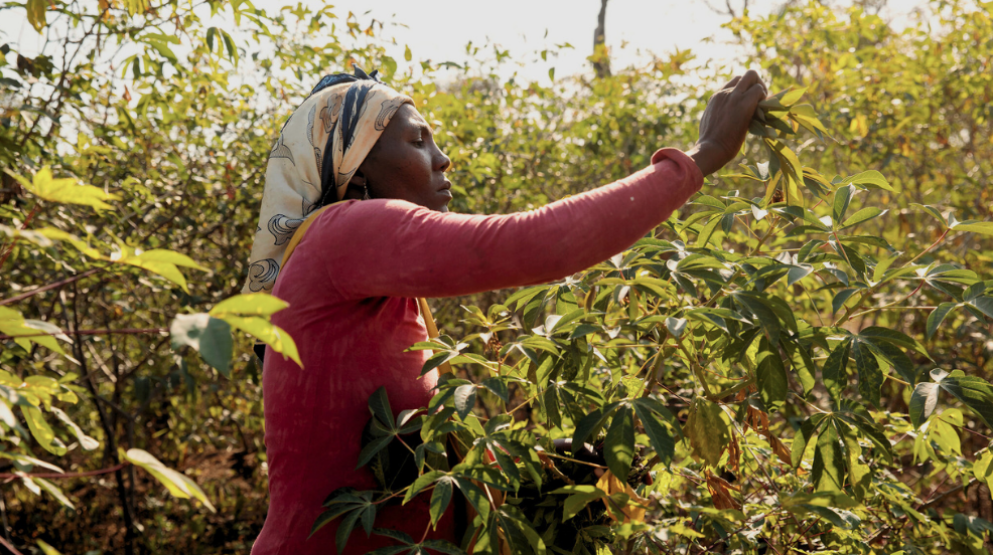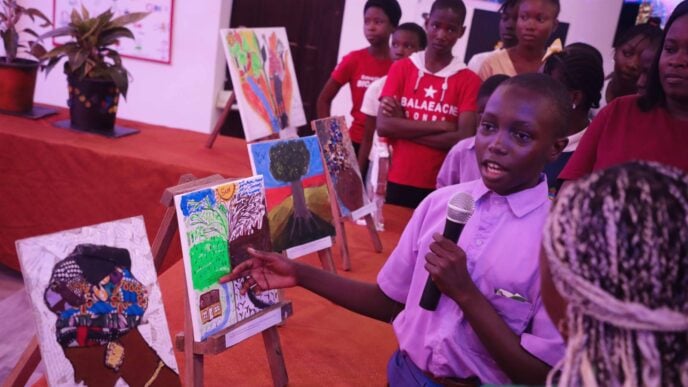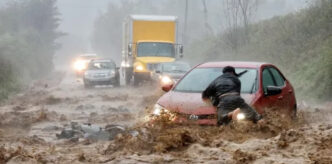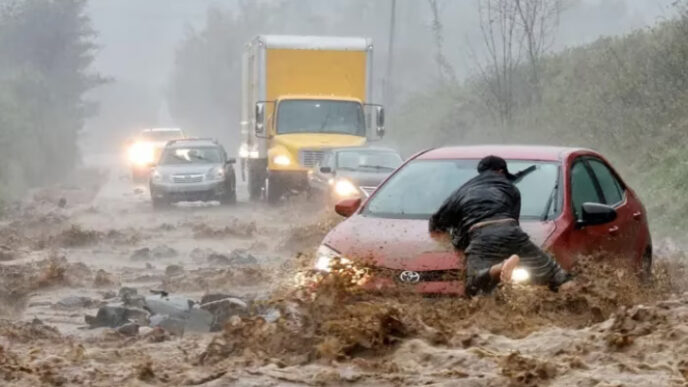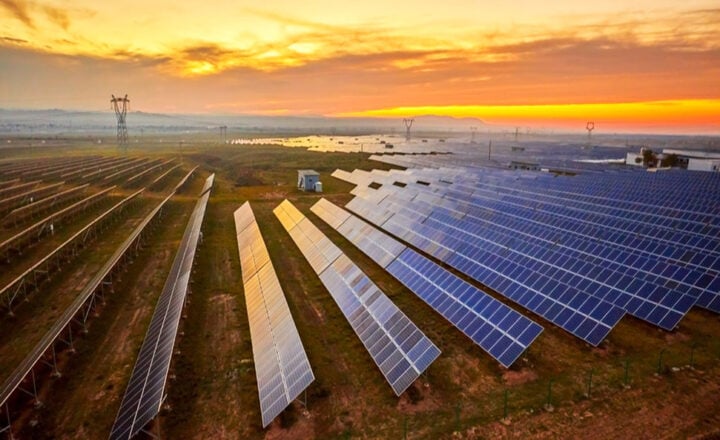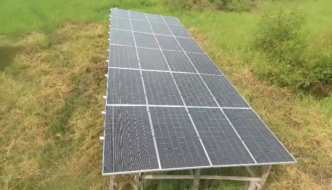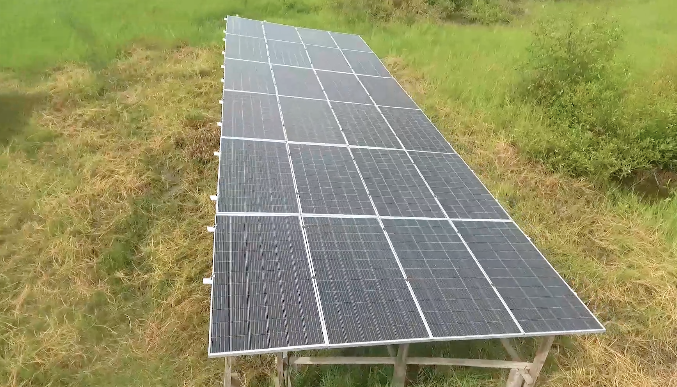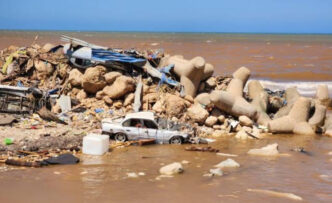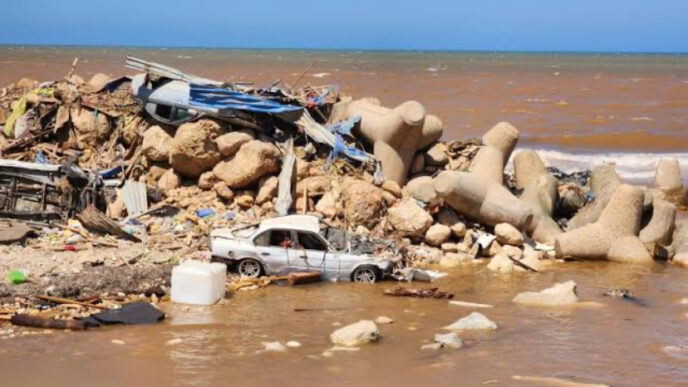A women’s cooperative in Yoko, Cameroon. The water crisis in Africa, exacerbated by the impacts of climate change, poses a significant threat to the security of food sources. Copyright: UN Women, (CC BY-NC-ND 2.0 DEED).
Climate Action Network (CAN) International, a civil society organisation, has called for an annual financial target of $1 trillion from developed countries to aid climate adaption in the global south.
CAN’s call comes ahead of the informal ministerial dialogue on the new collective quantified goal (NCQG) slated to hold on September 27 in New York.
In a statement on Wednesday, Tasneem Essop, executive director of CAN international, noted how crucial it is for developed countries to provide the necessary finance for the global south.
Essop explained that the NCQG is not just a goal but a “moral imperative” that can create a just and equitable future for all.
Advertisement
“The world is facing a climate crisis, and developing countries are bearing the brunt of the impacts,” Essop said.
“It’s time for developed countries to face their responsibilities and deliver on their promises and obligations to provide the necessary climate finance. We all know the resources exist, but the political will still remains shamefully absent.
“It’s time to make polluters and the wealthy pay for the harm they have caused. In these last precious weeks before COP29, we need to see developed nations let go of their colonial past, and stop dragging their feet in crucial negotiations. The NCQG is our chance to create a just and equitable future for all.”
Advertisement
Also weighing in, Mohamed Adow, executive director of Power Shift Africa (PSA), said climate finance must go beyond loans, which only “pile more debt” to the global south.
Adow added that equitable climate financing can help developing countries adapt to the impact of environmental change.
“Climate finance is the key that can unlock a safe and prosperous planet for everyone. It can help the victims of climate breakdown adapt to the inevitable change and fund the needed transition to clean energy of the future,” Adow said.
“But this finance cannot be in the form of loans from rich polluting nations in the Global North which just pile more debt onto the Global South. That would be like giving a drowning man a life jacket stuffed with coins – it’s going to make them sink even faster.”
Advertisement
THE NEW COLLECTIVE QUANTIFIED GOAL (NCQG)
The NCQG is a new financial target set by developed countries to support the global south in their climate actions by 2025.
However, developed countries failed to meet up with the $100 billion target set in 2009 which is crucial for successfully implementing the Paris agreement of 2015.
With that in mind, a new collective quantified goal emerged with the aim of addressing the loopholes of the previous target.
Advertisement
Although the NCQG holds a promising future, several issues including the timeframe of the goal, target amount, funding type, monitoring and accountability mechanism must be addressed ahead of the 29th session of the conference of parties (COP29) in Azerbaijan.
Nonetheless, CAN said the new framework must ensure it does not deliver climate finance mostly in the form of non-concessional loans and favoring mitigation at the expense of adaptation.
Advertisement
The organisation noted that the goal must include thematic subgoals to address mitigation, adaptation, and loss and damage, ensuring that all aspects of climate action are adequately financed.
It added that the NCQG must incorporate the polluter pays principle and tax justice, ensuring that those most responsible for climate change bear the financial costs.
Advertisement
Add a comment
